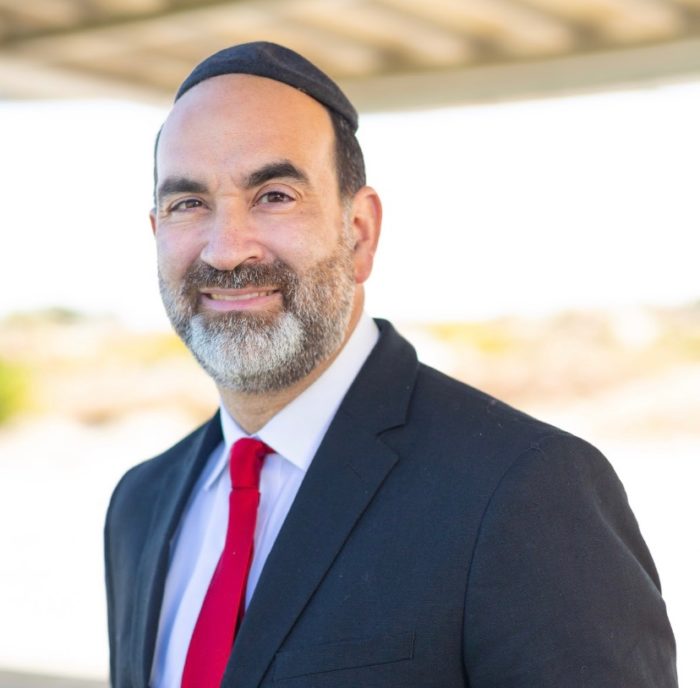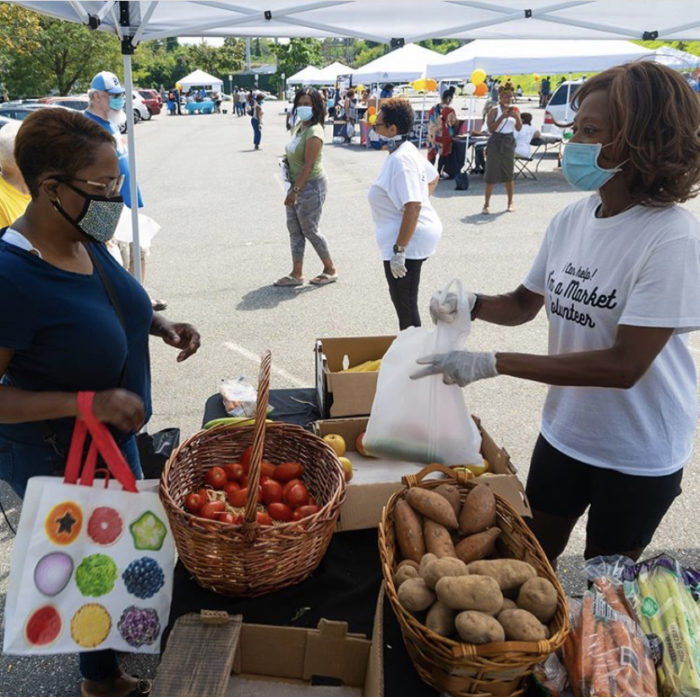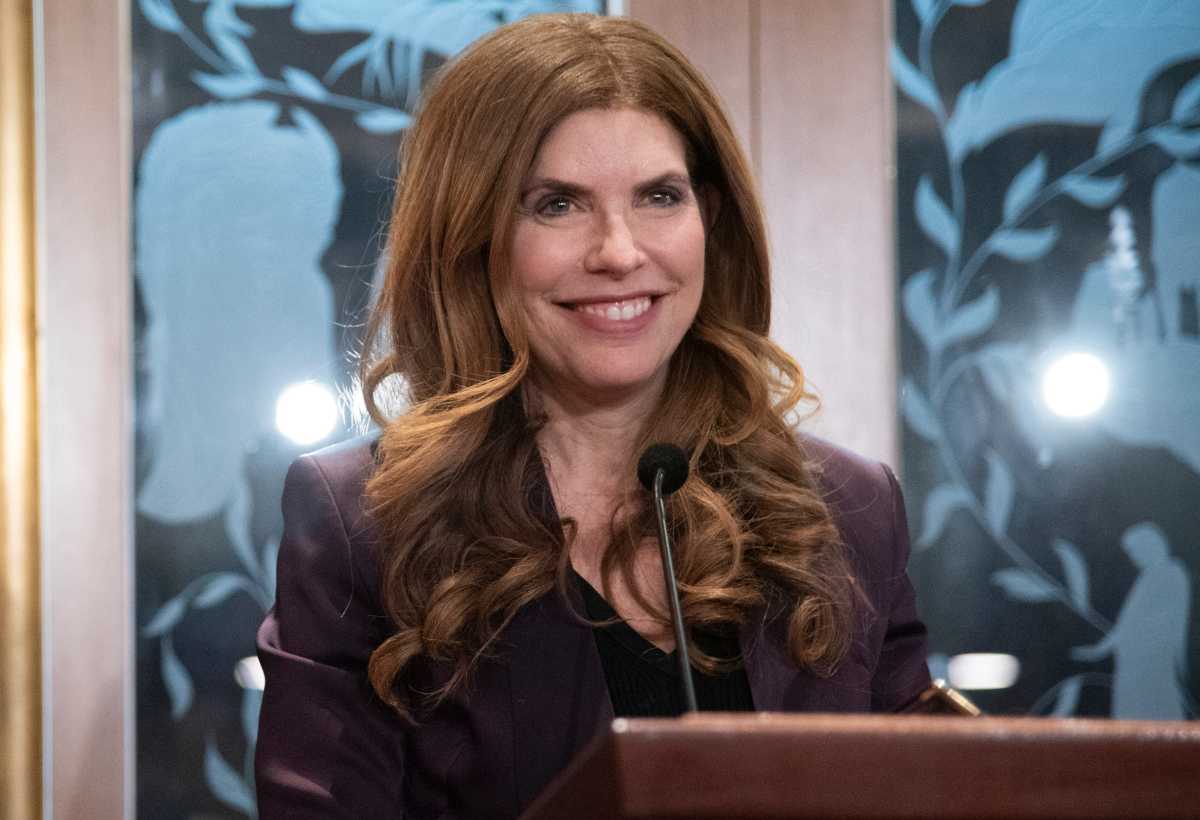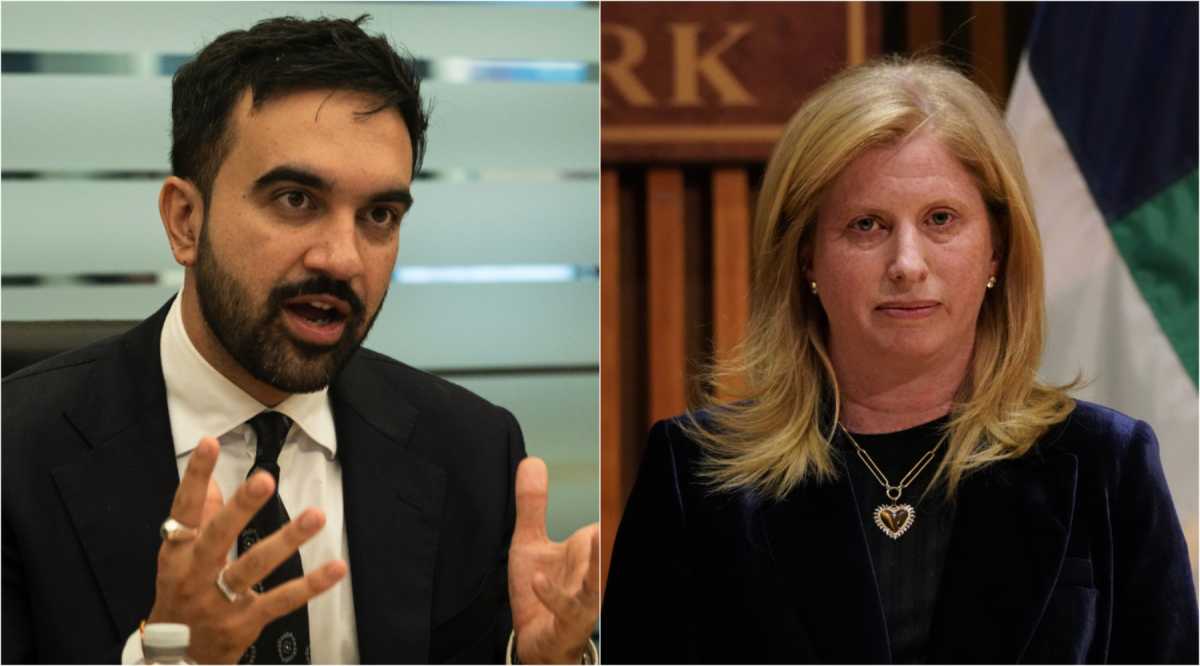City Council candidate Selvena Brooks-Powers was out in her district when she walked into a Key Foods across the street from a NYCHA development. It wasn’t her usual store, but she stopped in to get a few things. While walking through the produce aisle, she couldn’t find the organic fruit she usually buys. When Brooks-Powers asked a worker where she could find it, the answer was eye opening to her.
“They told me they didn’t stock any organic food in the store,” said Brooks-Powers who narrowly finished first in the first round of counting in last month’s special election for City Council District 31.

The experience made her think about how food choice affects health, she said.
“Our district has been hit pretty hard by COVID. We are learning that a lot of it has to do with underlying health issues,” Brooks-Powers said.
According to the CDC, food related illnesses like diabetes, hypertension, and heart disease, worsen symptoms and increases chance of death.
The District 31 special election is the first in the city to go into a ranked choice voting count and whoever wins will be in a position to change food policy in the city. According to election night results which tallied voters first ranked choices on their ballots, Brooks-Powers is narrowly winning with 38% of the vote, while Pesach Osina trails just behind with 35%. Since no candidate won more than 50% of the vote, the New York City Board of Elections (BOE) will count voters second, third and fourth ranked choices starting on March 16 to find the winner.

Whoever that might be, the new council member will be facing a crisis around food access in the district. Dr. Nick Freudenberg, director of CUNY’s Urban Food Policy Institute, said that people are more likely to make unhealthy choices during times of economic hardship.
“What we know, in the food system in the United States and in New York City is that unhealthy food is cheaper and more accessible,” said Freudenberg.
Brooks-Powers believes expanding markets to year-round would make a difference in providing healthy options, she said. She proposed increasing funding for the Health Bucks Program, which offers incentives to SNAP recipients by giving them a $2 coupon for every $10 they spend at farmer’s markets.
“It’s not that folks in the district don’t want to eat healthy, it’s just that healthy eating is more expensive,” said Brooks-Powers.
Lifelong resident of District 31 and founder of the Laurelton Farmers Market Dianna Rose said she noticed a clear lack of local, healthy, and fresh produce in her neighborhood from a young age.

“It’s not just food access because there’s food, right? I see wasted food all the time. The problem is we have a healthy food access problem,” said Rose.
When a college professor explained to her the connections between food and chronic disease, she said, she raced to the registrar’s office.
“I thought, oh my God, this is what I grew up with. I switched my major that day, I was a bio major, and I declared myself a community health major and I never looked back,” said Rose.
She started the Laurelton Farmer’s Market during the pandemic, the only of its kind in mainland Southeast Queens.
“I just knew how important it was to have that access to healthy and fresh produce in our community at that time,” said Rose.
Her customers often stop her on the street to thank her, a testament to the importance of the market for the community, she said.
Osina praised the Laurelton Farmers market for creating a solution during the pandemic. The district is lacking stores for residents, and on a commercial level, hospitality businesses are having problems getting food deliveries, he said. If elected, his food policy would be focused on connecting groups like Rose’s with other resources so that emergency response can go smoothly.
“The only way you’re going to ensure that you have equity for everybody is if you have the faith based community, the senior population, and the community based organizations all working together,” said Osina.








